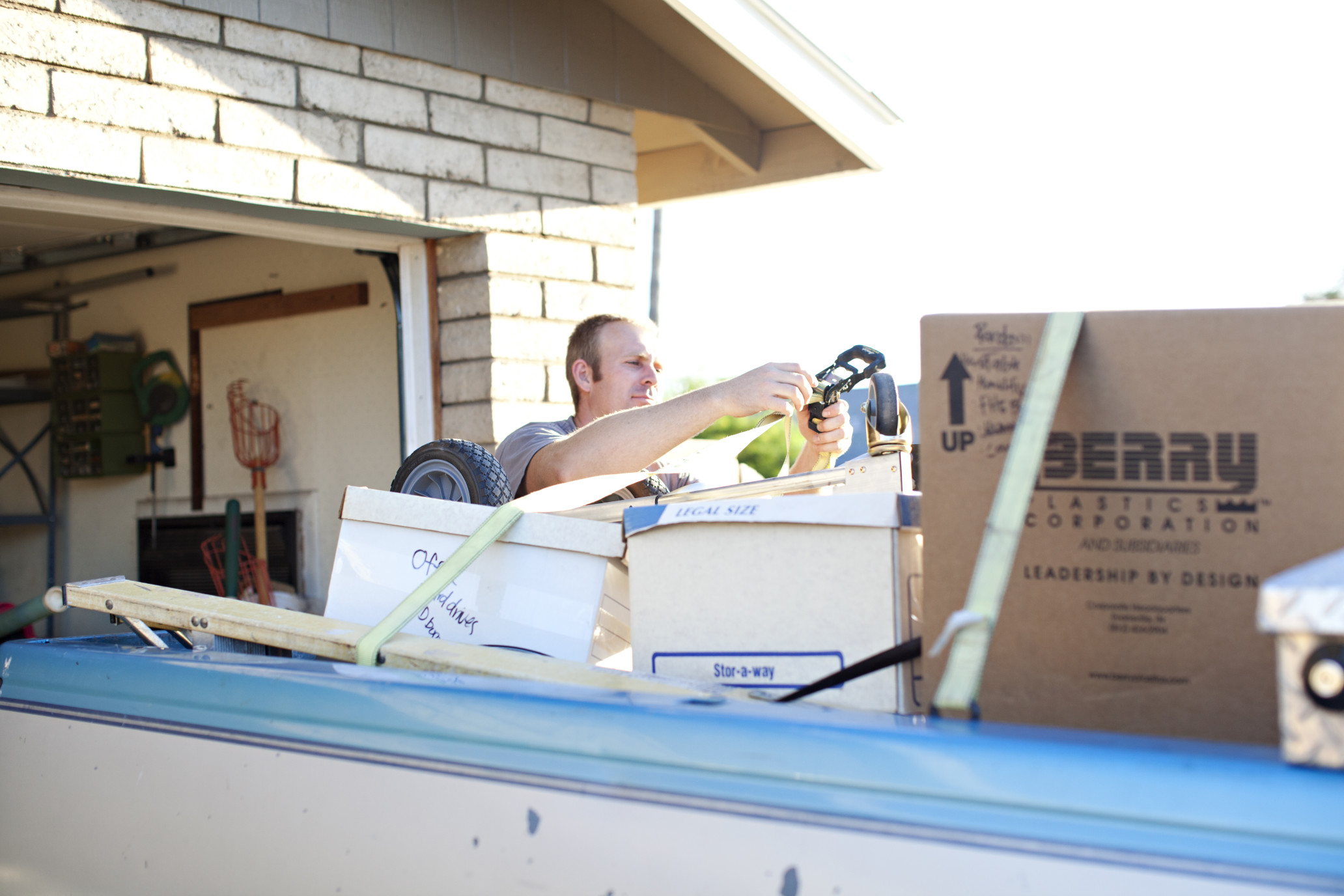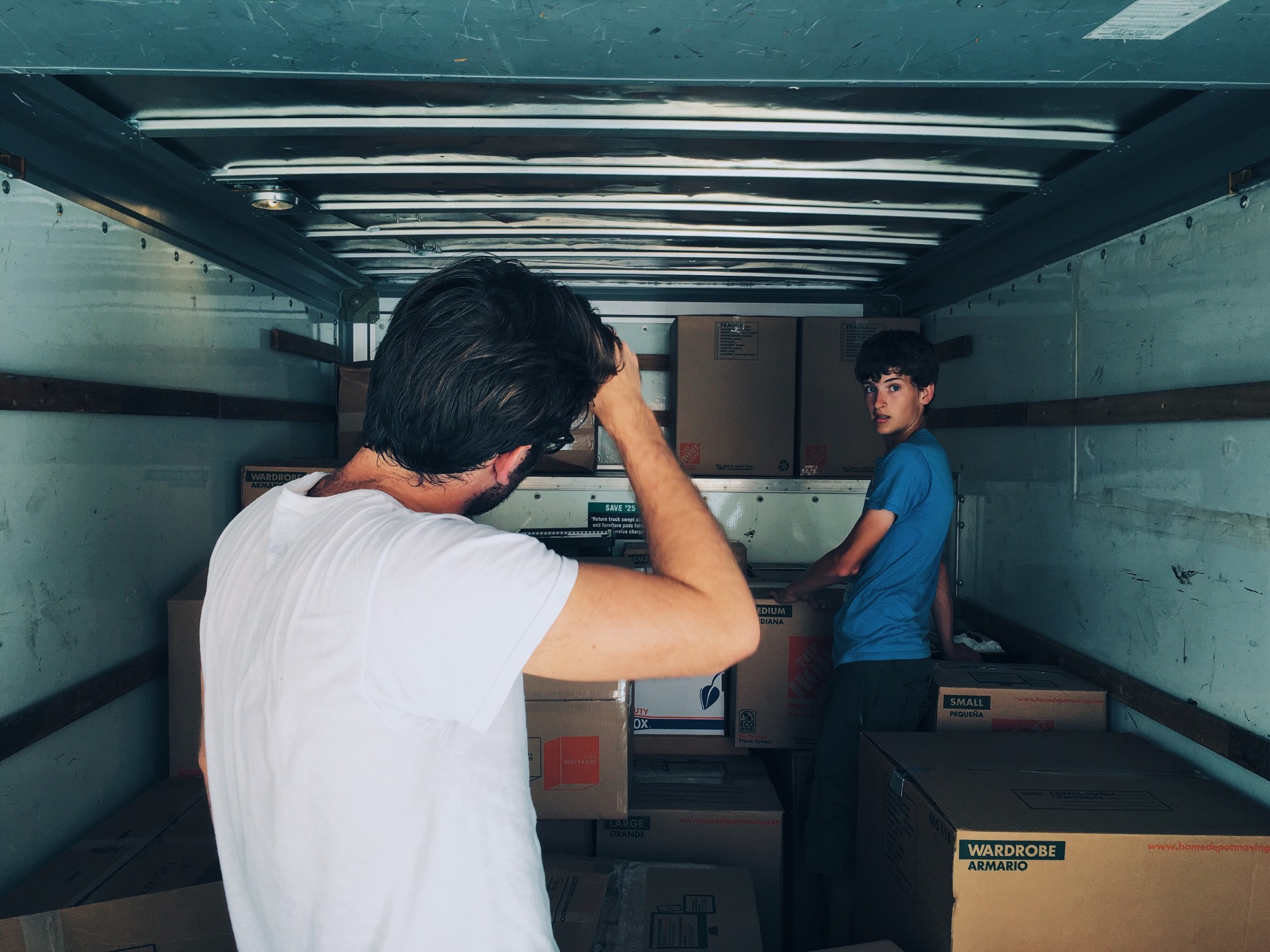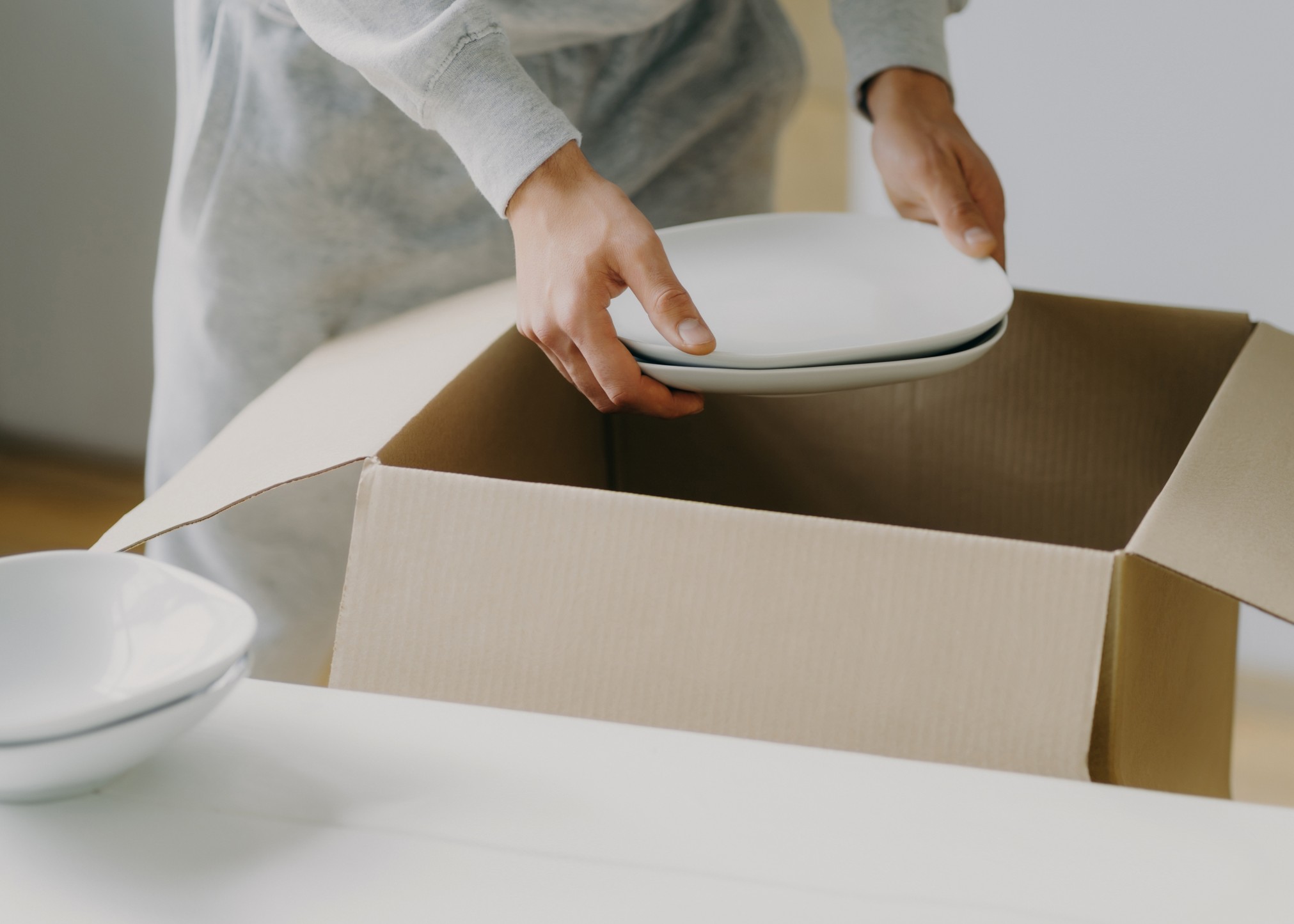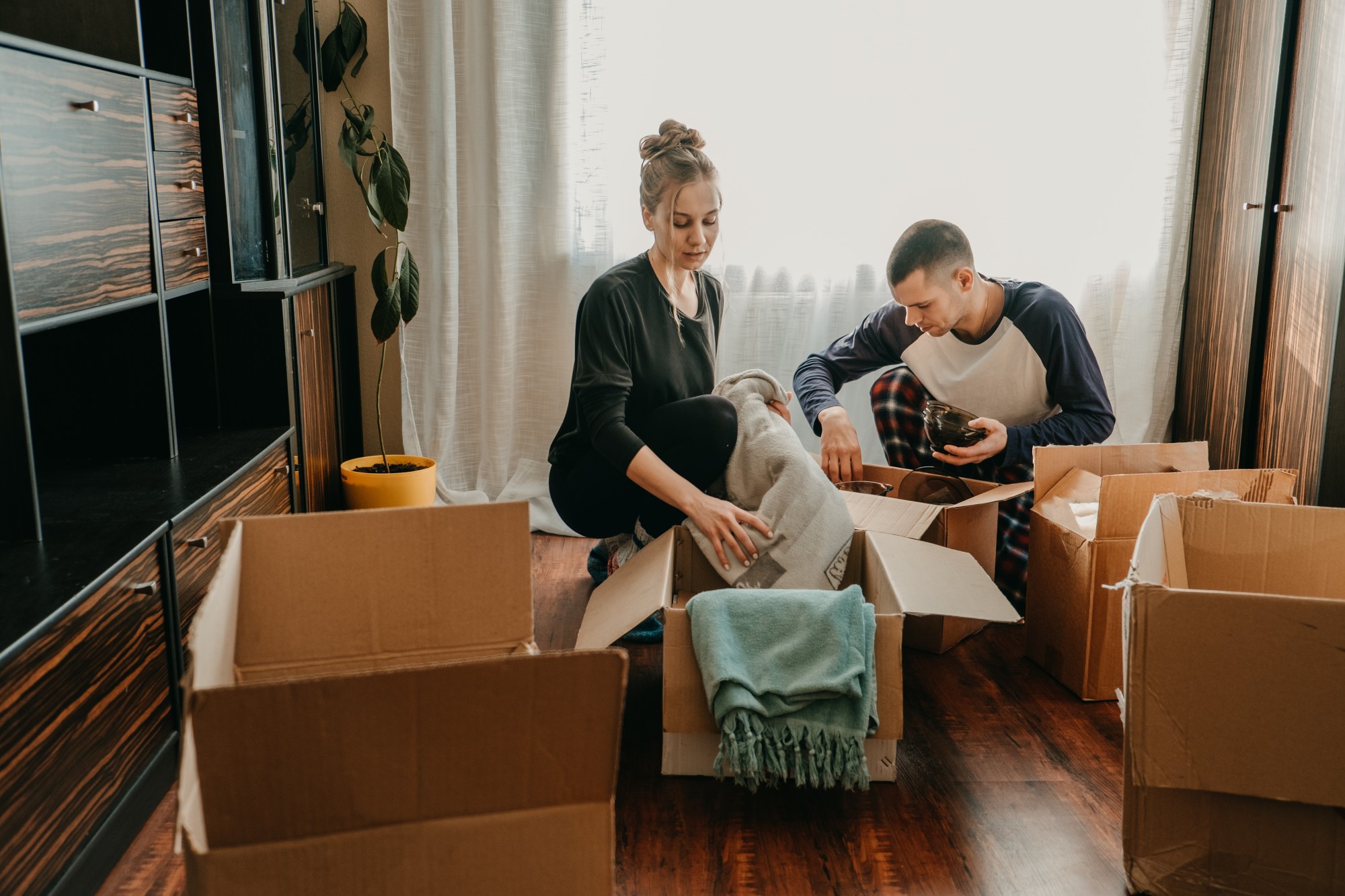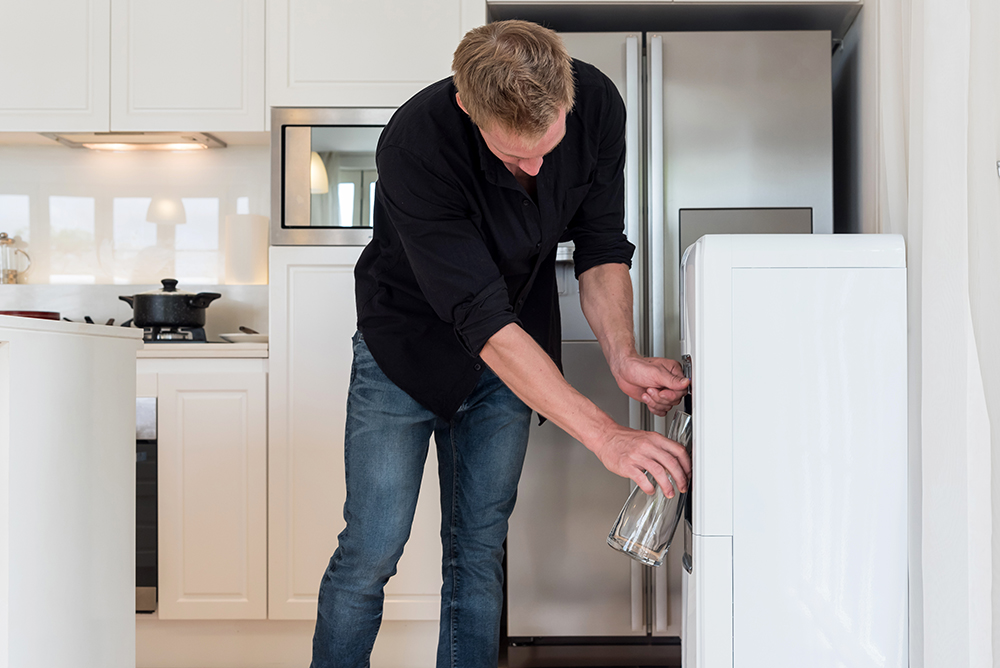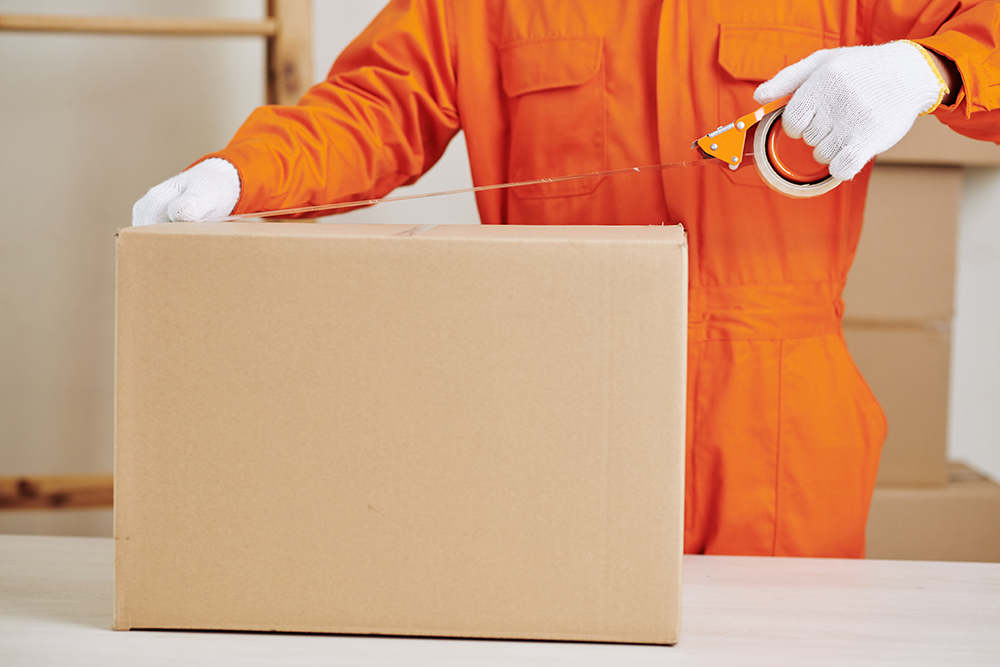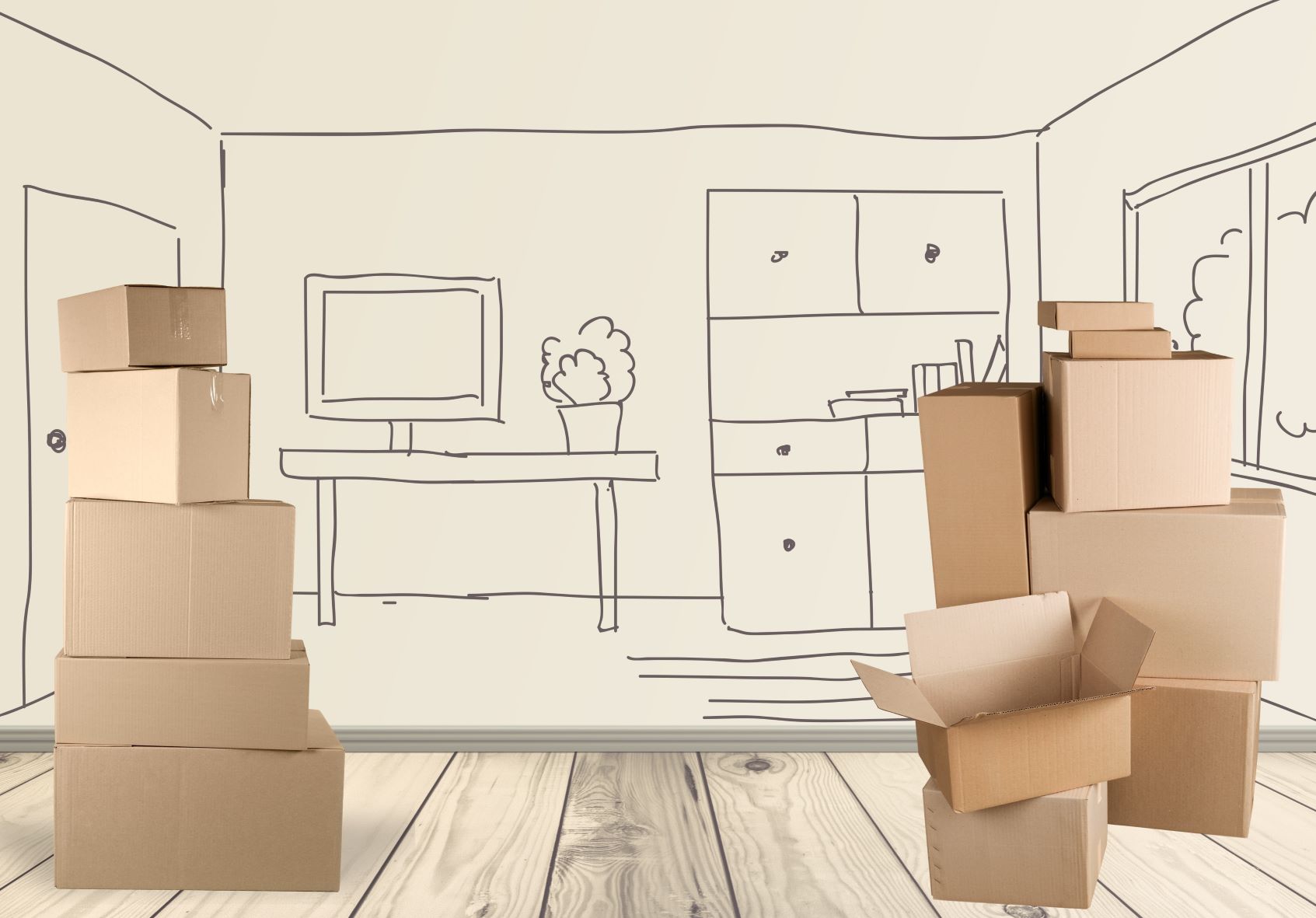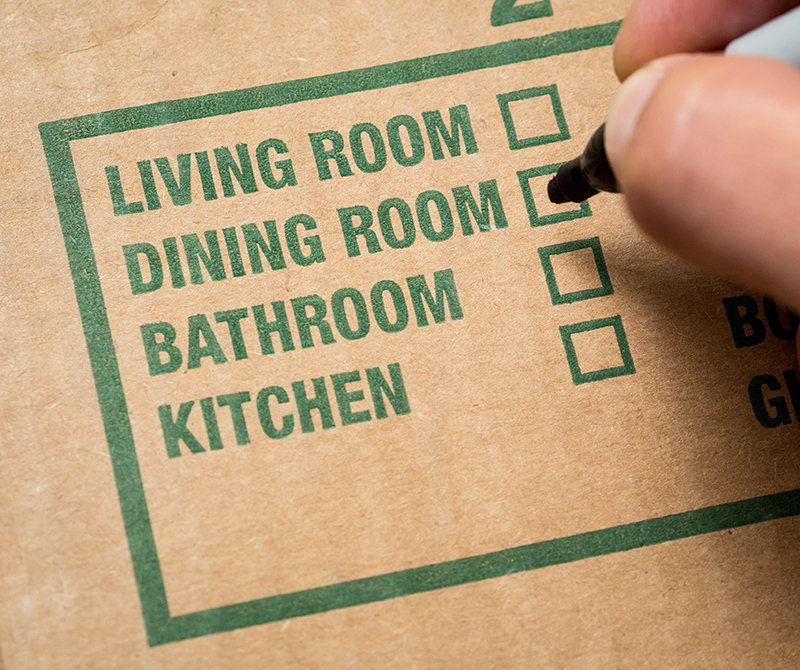If you’re moving, it’s time to plan, gather packing materials, get rid of what you don’t need, and pack all your belongings.
Preparing for the move to a new home can be overwhelming. As your move-in day approaches, it’s good to take some time to prepare and plan. Here are some ideas to help you prepare for moving day.
Think about your move and plan ahead. You may feel like starting to box your things and tidy them up in your new home. Resist the urge. Make plans in advance to make sure you can move in as easily as possible.
Think of your new home. Consider the layout, size, and number of rooms. Most likely, you will have to organize your things in a different way than you do in your current home. Those changes will affect the way you pack.
Draw the plan of your new home. Take a look at the bedrooms, living spaces, and kitchen. Start planning where things will go. So that you can visualize it well, draw on the plan of your new home where you will actually place each object.
Make a checklist for moving. The checklist can help you plan and organize your move.
Buy the materials you will need. Having the right supplies will make your move a little less difficult. You may want to have these supplies on hand:
Boxes to pack your belongings. This is obvious. Get roughly double the number of boxes you think you’ll need so you don’t overfill them and you definitely don’t run out of boxes at the last minute!
Bubble wrap and packing paper to protect valuables. Use masking tape to seal the boxes.
Plastic sandwich bags, blank stickers, and permanent markers. You’ll see why.
Sort your belongings and get rid of the ones you don’t need. Most people have household items that they haven’t used for a long time or that they simply don’t need. It is good to organize and get rid of what one does not need, thus reducing the number of objects to pack and move. Just start by sorting and separating the objects you need from the ones you don’t.
Start in the storage areas of your home. The basement, the attic, a closet, wherever you keep that pile of things that you think you need but never use.
Check well. If you haven’t used, looked at, or at least thought of something in a couple of years, put it in the “must get rid of” pile.
Put away items that have sentimental value. Don’t be afraid to store valuable or special items even if you don’t use them often. Gather them together and pack them safely in case you don’t open those boxes for a while.
Decide how you are going to get rid of what you don’t need. For example, you could make charitable donations, a garage sale, or leave those items on the side of the street for someone in need to pick them up.
Start packing
Keep these ideas in mind when packing your belongings:
Protect delicate objects. Don’t forget to wrap fragile items in bubble wrap or packing paper.
Pack the boxes well. Make sure to cover the bottom of your boxes with packing filler or crumpled newspaper. Put the heaviest items at the bottom of the box and the lightest items at the top.
Close and label the boxes. When you’ve finished packing everything in a box, put packing fillers in, seal the box with duct tape, and label it.
Prepare the furniture. Taking time to protect your furniture can help reduce the chance of damage. Here are some tips:
Packaging materials. Remember the plastic sandwich bags, blank labels, and permanent markers suggested earlier? These can be helpful when taking tables, shelves, and cribs apart. In addition, plastic bags are good for storing nuts, bolts, and washers, then sealing them with tape and securing them to the corresponding object before moving. It is more efficient and faster to reassemble items with multiple loose components when each bag has been properly labeled.
Wax the furniture. Wax fine wooden objects to prevent scratches.
Put pillows and blankets in plastic garbage bags. Make sure you tie the bags tightly so no debris gets inside.
Wrap and protect furniture. Wrap important furniture in blankets or bubble wrap for added protection.
Make sure to take a break and rest when you need to. It is important to pack everything safely. Sometimes having the help and company of friends and family makes packing faster and easier.
If you want professional help call John D. Moving

